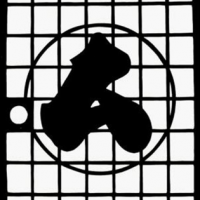In Praise of Shadows, by Junichiro Tanizaki.
Leete's Island Books, Nonfiction.
Revered novelist Junichiro Tanizaki's essay, "In Praise of Shadows," is a must-read for anyone interested in the darker side of the Land of the Rising Sun. Everything about this slim tome — from its meandering, contemplative style to its thorough, varied exploration of Japanese aesthetics — informs on the Japanese character and culture like no other single work. Called racist and racy, it is neither and both. Much has been made of Tanizaki's celebrated musings on toilets and the tea ceremony, candlelight and the blackened teeth of geisha, but there is much more hidden in the depths of this essay. He ends, for example, with a pithy discourse on Japanese literary aesthetics: "In the mansion called literature, I would have the eaves deep and the walls dark, I would push back into the shadows the things that come forward too clearly, I would strip away the useless decoration." His description resonates with any lover of Japanese literature, and explains the connection between Japanese writers diverse in style and separated by generations. But mostly Tanizaki leaves literature behind. At turns rustic (in his celebration of the toilet) now drifting into lofty contemplations (likening a traditional room to an "inkwash painting"), the essay teaches the Japanese aesthetic of the nonspecific, absence or "shadow," as anyone familiar with the intricacies of avoidance in Japanese speech will recognize. Wherever you are in the world, read "In Praise of Shadows" and venture deep within the recesses of Japan.
Read archived reviews of Japanese classics at jtimes.jp/essential.


















With your current subscription plan you can comment on stories. However, before writing your first comment, please create a display name in the Profile section of your subscriber account page.